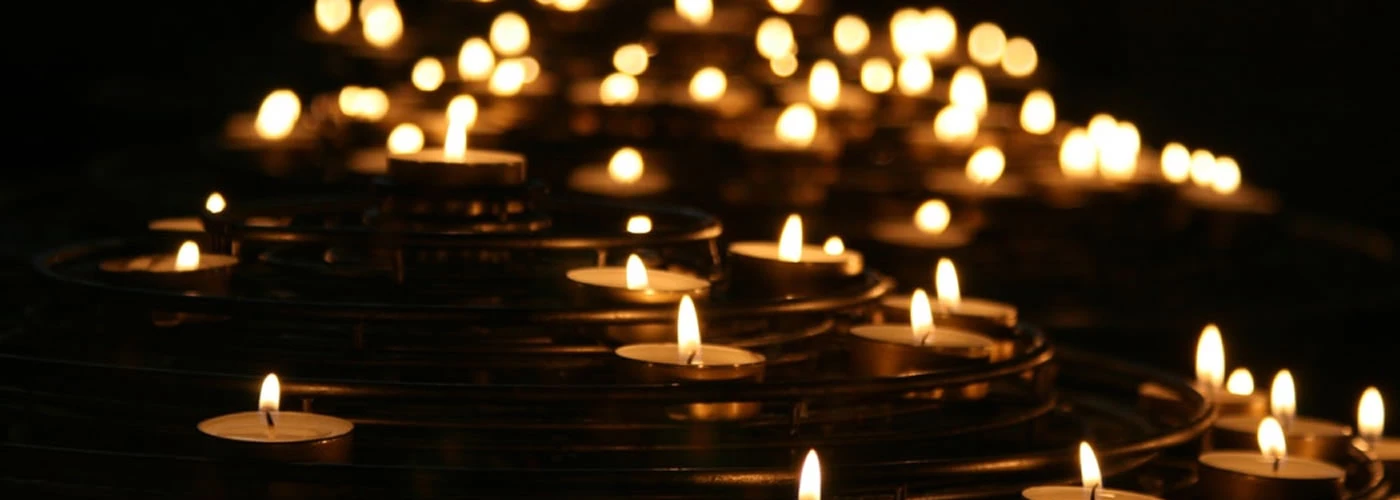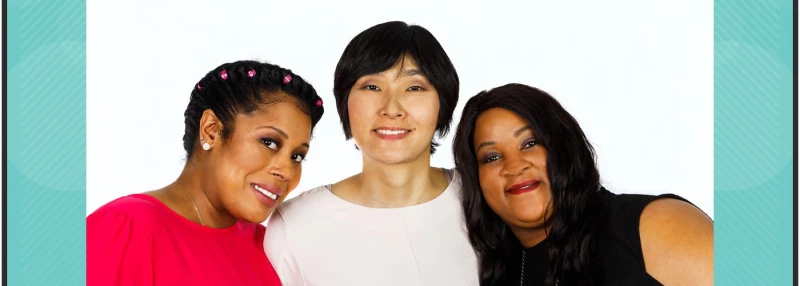How do I want to be remembered when I’m gone? It’s a loaded question, one that can be uncomfortable to think about and even harder to talk about with those we love. It’s important, however, not only to answer this question for ourselves but to make those wishes known to our family and friends in order to leave a legacy that reflects who we are.
Let’s start the conversation here by answering some common questions.
What is a legacy? Is it how you want people to remember you, or is it something tangible? Or both?
A personal legacy broadly represents how we want to be remembered. Scrapbooks, photographs, letters, keepsakes - all of these can go in the column headed Legacy.
Conversations I’ve had with survivors include these ideas - mainly around wanting to leave a sense of connection, I think, when they are no longer available to those they love.
In a more structured way, it is taking care of business like having a will and a healthcare power of attorney. While it may seem daunting or not-right-timing or just plain uncomfortable, taking care of these things is one of the most loving things we can do for our family and friends.
Why is it important to think about and make these kinds of plans?
The reasons are from the legal to the intangible. Practically speaking: If you don’t want the state to decide what to do with your belongings (whatever they are -- don’t worry so much about that piece of it), it’s wise to create a will. A will can capture how you want, say, for your books to be shared or donated. It takes the burden off of family and loved ones to make these decisions. You’re caring for them while also having your wishes honored.
Who should be thinking about legacy?
Everyone, really. It can be a lifelong endeavor. I think this links to one’s character and personal values. How one has spent her life - whatever that looks like in whatever time - is hers to decide.
I most often have had conversations around young mothers not wanting to miss big events in the lives of their children. We discuss going ahead and writing letters for those times (e.g. high school graduation). I also encourage tucking them away because no one can predict the future; we don’t know if the letters will be needed or when. I’m not trying to paint a rosier picture than is realistic on some occasions, but I am trying to help a survivor alleviate her own anxiety at the prospect of not being able to say what she wants to say at those times.
Young mothers are not the only ones to consider. Young women without children have some of these same concerns but with different people (e.g. parents, friends). It’s fine to write down what you want to say to them, too. Letters are one idea, but there are other options, too.
What if I don’t want to think about this?
I get that, and I tend to be gently pushy. I’ll use my mother as an example. Her legal documents were up to date and squared away, but she had no written instructions for her three children about what she wanted at her service (e.g. scripture, music). Mother said, when asked about it, “Oh, that’s morbid.” I said with a straight face, “That’s fine. Your children all like the Rolling Stones. We’ll figure something out.” The choir director (mother was a lifelong soprano in the choir) was at her house the next week. Her service was “so her,” and it was full of beautiful music.
I offer this to illustrate the importance of stating your wishes. You’re in control of it. You’re calling the shots on what happens, how it happens, when and where. Try to consider these decisions through that lens.
Okay, but what if my family doesn’t want to think about this?
We can’t predict how someone will react, and these kinds of conversations can be tough. Maybe consider relying on the fabulous Death Over Dinner model, and host an intimate dinner party to discuss not just your own wishes but theirs too. Food brings people together, and aren’t some of the best stories you’ve heard around the dinner table?
Maybe start with someone who created and left a legacy you admired and build from there. If fear shows up, acknowledge that rather than compartmentalizing it or stuffing it down, and say it out loud as part of the conversation. You might find it doesn’t feel so scary after doing that.
What are some concrete ways to get started?
Young women with metastatic disease who are attending our national Summit in February have the opportunity to take part in a half-day retreat on Legacy. Led by Lillie Shockney the program will help guide ideas and create a plan for leaving a legacy. Plus, you’ll be in the room with your peers and can give one another support and feedback - arguably not only at the retreat but after you all return home with your ideas.
Here are five additional resources to help start this important conversation:
Death over Dinner
I mentioned this above -- this is an innovative program that helps create an open and safe environment to talk about death and end of life issues.
YSC’s End of Life Series
This is a series of videos featuring conversations about End of Life, covering topics like palliative care, legacy and more.
The Conversation Project
This site provides an excellent starter kit for having a conversation with yourself and your family about your wishes.
Cancer Legal Resource Center
This organization provides, among many other things, resources around creating a will and healthcare power of attorney.
Jack and Jill Late Stage Foundation WOW! Experience
This organization is for families with small children, with a parents facing a late-stage cancer diagnosis, and provides the opportunity for memory-making “WOW! Experiences.”
Living and Leaving a Legacy: Half Day Retreat for Young Women Living with Metastatic Breast Cancer is part of the 2018 YSC Summit, which takes place February 23 - 25, 2018 in Orlando, Florida. Fee waivers are available, as well as a fundraising program to help offset the cost of travel.
Attend the Half-Day Retreat
The Living and Leaving a Legacy: Half Day Retreat for Young Women Living with Metastatic Breast Cancer is made possible by the family and friends of Linda Vogel.




